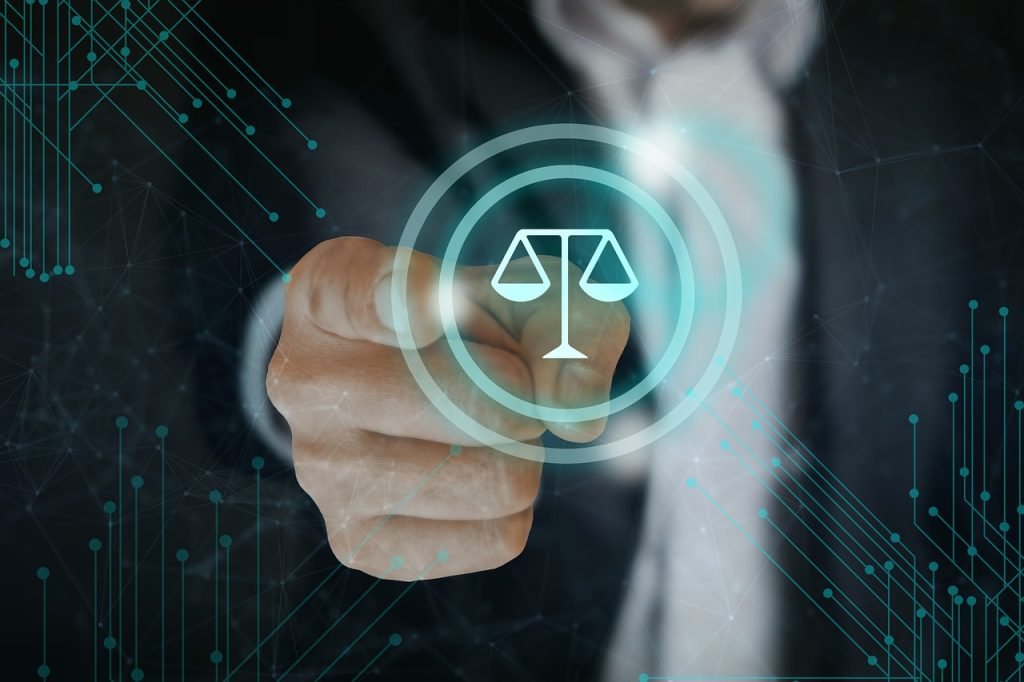Petitioner: Rambabu Singh Thakur v/s Respondent: Sunil Arora & Ors
Judgment dated on: 13th February, 2020 – Bench:
- Hon’ble Justice R.F. Nariman, Hon’ble
- Justice S. Ravindra Bhat & Hon’ble
- Justice V. Ramasubramanian.
Brief facts of the case
In this case, the Supreme Court of India noted that the number of criminal politicians in India has increased over the last four general elections, and political parties have provided no explanation as to why they chose a candidate with a criminal background. In 2004, 24 percent of the members of Parliament were facing criminal charges. In 2009, this figure jumped to 30%, then to 34% in 2014, and to 43% in 2019.
The case focuses on disregard of directions issued by Supreme Court of India in case of Public Interest Foundation and ors vs Union of India also known as “Electoral Disqualification Case“. Wherein two petitions were filed by BJP Leader Ashwini Upadhyay and an NGO – Public Interest Foundation.
Issue involved
Whether the Supreme Court of India can bar candidates with criminal records from running in elections, or whether the highest court can limit the membership of parliament beyond Article 102 (a) to Article 102 (e) by enacting further laws?
Judgement of the court
The Supreme Court directed the political parties at the Central level and State level to upload on their respective websites the correct details concerning the pending criminal cases against the selected candidates, with the reasons why such candidate has been selected instead of other candidates with no criminal record.
Such information must also be published in one local newspaper and one national newspaper, and on the official media platforms of the political party, including Facebook, and Twitter. The details must be published within 48 hours of the selection of the candidate and not less than two weeks before the first date for filing of nominations, whichever is earlier.
All the concerned political parties must also submit a report of compliance with the directions passed by the Apex Court with the Election Commission of India within 72 hours of the selection of the candidate, and if any political party fails to submit such report to the Election Commission, the Election Commission shall bring such incident to the notice of Supreme Court of India as being in contempt of court’s orders.
Conclusion :-
The Supreme Court of India has emphasized widely in the current case commentary on the growing criminalization of politics, which is harmful to the public’s welfare because it not only damages the root cause of our political system but also limits the opportunity for innocent candidates to run against criminal candidates. The Supreme Court examined these challenges and provided different guidelines to improve political health.
It is important to understand that someone with a history of criminal cases involving rape, murder, and other crimes will not be given a chance to be a part of the justice system because they have already established their criminal positions and will be punished rather than given another chance to engage in criminal activity. Though the “Doctrine of Innocence” operates on the premise that no one is guilty until they are found guilty, the fact remains that a person who is the subject of many criminal charges and is under investigation cannot be described as innocent in common usage.
And thus, it is essential to differentiate the meaning of “Innocence” by not just relying on book definitions. Directions issued by the apex court would not completely swap the criminalization of politics but these guidelines would be an effective mechanism to resolve this issues. Further, Article 142 does not additional words in existing law but still Supreme Court is empowered under Article 129 and Article 142 it keep public interest as top priority without breaking constitutional validity.
My opinion :-
Through this groundbreaking judgment, the court considered several procedures within the court’s existing orders. In addition to newspapers and social media, a wide range of promotional materials for incumbent candidates across multiple platforms allows voters to choose the right representatives for them.
In addition, the instructions require the organization to provide tickets to candidates with no criminal record, and if the organization violates these instructions, it should face the consequences of that breach.

